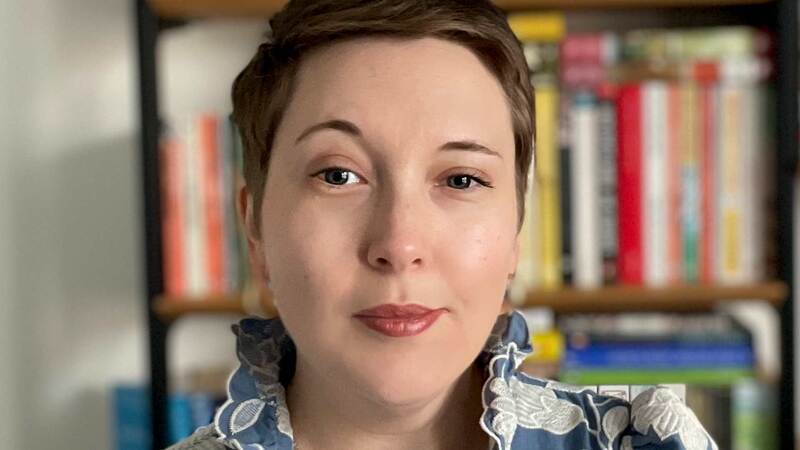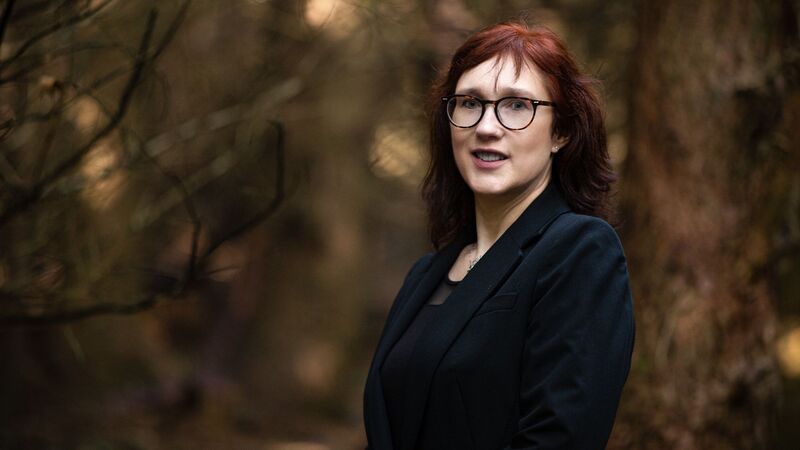You are viewing your 1 free article this month. Login to read more articles.
SoA criticises removal of BBC radio quotas for drama
The removal of quotas for radio comedy, drama and readings will have a “significant impact” on the Society of Authors' members, the organisation has said.
As part of its Operating Licence for the BBC, Ofcom - the regulatory authority for the broadcasting industry - has removed quotas for radio comedy, drama and readings, in a move that will result in “less innovation and risk-taking and less diversity”, according to the SoA.
BBC programming was previously defined by a licence set by the BBC Trust which gave a commitment to a minimum of 790 hours a year for comedy, drama and readings across BBC Radio 3 and 4. However, now Ofcom has removed the quotas, it will jeopardise opportunities for writers to contribute these programmes, according to the authors' campaign body.
Increasing funding pressures on BBC Radio make it likely that cuts will affect drama and comedy going forward, and as the budgets for radio programming are already "tight", the "smallest cuts are felt more deeply" in radio than with TV, the SoA has said. Over the last decade, with quotas in place, there has already been a reduction in bespoke drama commissions, the removal of drama from the World Service, the Friday Play from R4 and The Wire from R3, the SoA argued.
The Society said in a statement: “The radio drama department is seen very much as a patron of the arts - nurturing new voices, helping sustain established voices, seeding writers of all genres and disciplines. Drama and comedy programmes attract significant audiences and the Audience Appreciation figures are high. It is worth noting that Radio 4’s Afternoon Plays each get a bigger audience on one day (around 1 million) than the National Theatre gets in all its South Bank venues in a year.”
It continued: "We appreciate that significant cuts have to be made at the BBC overall, but radio producers have always worked to tight budgets and consequently the smallest cuts are felt more deeply in radio than with TV. The consequence of fewer commissions will be less innovation and risk-taking, less diversity, less choice, more repeats, and more reliance on out of copyright works rather than contemporary commissions. This is not best serving the UK audience and will have a significant impact on our members."
While the Ofcom consultation has now closed, interested parties can continue to lobby the BBC directly as it seeks comments on its Annual Plan. This consultation closes on 30th September 2017. Comments can be sent to the annual plan's email address: bbc.annualplan@bbc.co.uk.



















